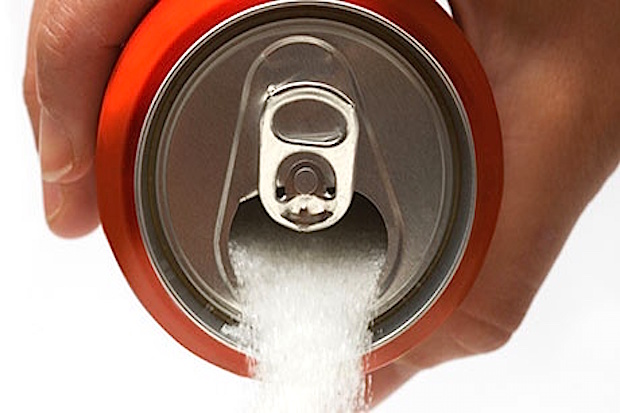They say no news is good news, but what to make of old news? Today’s papers (including this front page) feature rather boastful headlines about the success of the sugar tax (a levy on soft drinks companies concocted by former chancellor George Osborne, with the stated aim of tackling obesity). The i reports that the levy has “revolutionised the industry, with the average beverage now 28 per cent less sugary than before the tax was introduced,” according to a new study from researchers at Oxford University. But is the sugar tax really something to celebrate?
While the study may be ‘new’, the figures are not. They were published by Public Health England last September, which noted that the 28.8 per cent decrease in sugar content was largely a result of companies reformulating their products (prioritising sugar reduction over taste) to avoid the levy. (The report’s summary showing the reformulation of favourite foods and drinks makes for some rather Orwellian reading, pages 86-106 here.)
Given what we know about the data released by PHE, and the trends of sugar-sweetened beverage (SSB) consumption over the past few decades, claims that the sugar tax has been proven successful remain rather dubious.
Sugary drinks consumption – not to mention sugar consumption overall – has been on the decline for years.

Get Britain's best politics newsletters
Register to get The Spectator's insight and opinion straight to your inbox. You can then read two free articles each week.
Already a subscriber? Log in








Comments
Join the debate for just £1 a month
Be part of the conversation with other Spectator readers by getting your first three months for £3.
UNLOCK ACCESS Just £1 a monthAlready a subscriber? Log in